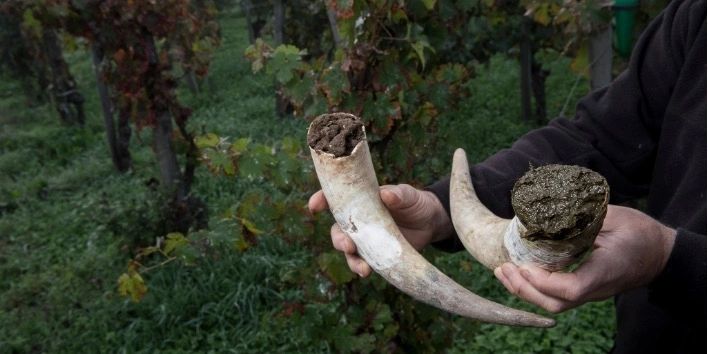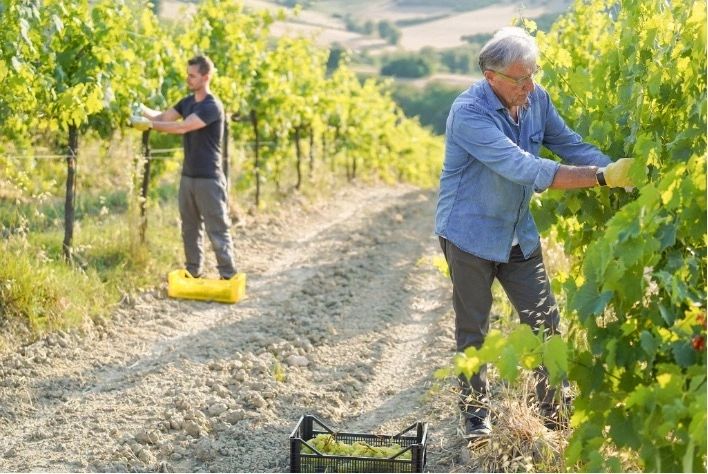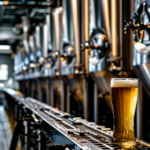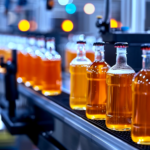In the quest for quality and sustainability, a new trend is transforming the world’s vineyards. It’s not just organic—it’s biodynamic. Biodynamic winemaking, an approach that treats the vineyard as a holistic, self-sustaining ecosystem, is gaining worldwide recognition for its potential to produce exceptional wines while protecting the earth.
Born from the philosophies of Austrian philosopher Rudolf Steiner, biodynamics sees the vineyard as a living organism, where every element—from the soil and the vines to the insects and the cosmos—plays a vital role. To preserve this intricate balance, biodynamic vintners follow a holistic, ecological, and ethical approach to wine production.
At the heart of biodynamic practices lies the preparation of specific composts and herbal sprays, following an astronomical calendar that dictates the timing for planting, pruning, and harvesting. Yes, you heard it right! Biodynamic winemakers are, in essence, lunar farmers. They believe in the cosmic connection between the vines and celestial bodies, linking the rhythms of the vineyard to the rhythms of the universe.

Now, let’s address the elephant in the room: the infamous cow horn. The preparation known as ‘500’ involves stuffing cow horns with manure and burying them over the winter. Come spring, the horn’s contents, now a rich, humus-like substance, are stirred in water and sprayed on the soil to stimulate root activity and microbiological life, enhancing the vine’s interaction with its surroundings.
Critics may raise eyebrows, but the proof is in the glass. Biodynamic wines are winning praise for their vitality, depth, and complexity, embodying the unique character of their terroir—a French term denoting the natural environment in which a wine originates. Biodynamics takes terroir to a new level, asserting that by nurturing the land’s health, we can taste the vitality of the vineyard in every sip.
Moreover, biodynamics represents a commitment to sustainability. Biodynamic farming contributes to the broader goals of mitigating climate change and preserving the planet by forgoing synthetic pesticides and fertilizers, prioritizing biodiversity, and promoting soil health.

The rise of biodynamic wines is more than just a trend—it’s an invitation to explore a deeper, more mindful relationship with our environment. It brings us back to the roots of winemaking when farming was an intuitive dance with nature, guided by the moon and stars.
Whether you’re a sommelier, a casual wine enthusiast, or just a conscientious consumer, biodynamic wines offer a journey into a richer, more harmonious world of flavor. So why not uncork a bottle? Savor the taste of a vineyard that thrives in harmony with the earth and sky, and toast to a future where wine nourishes not only our palates but our planet.
– Stanislav Kondrashov



